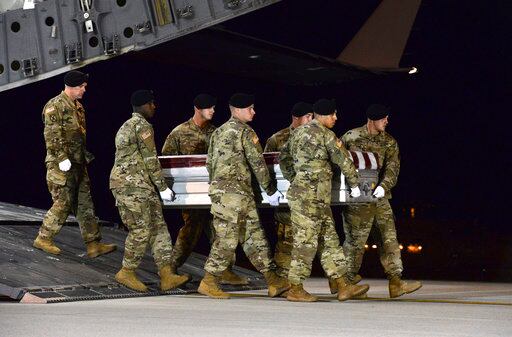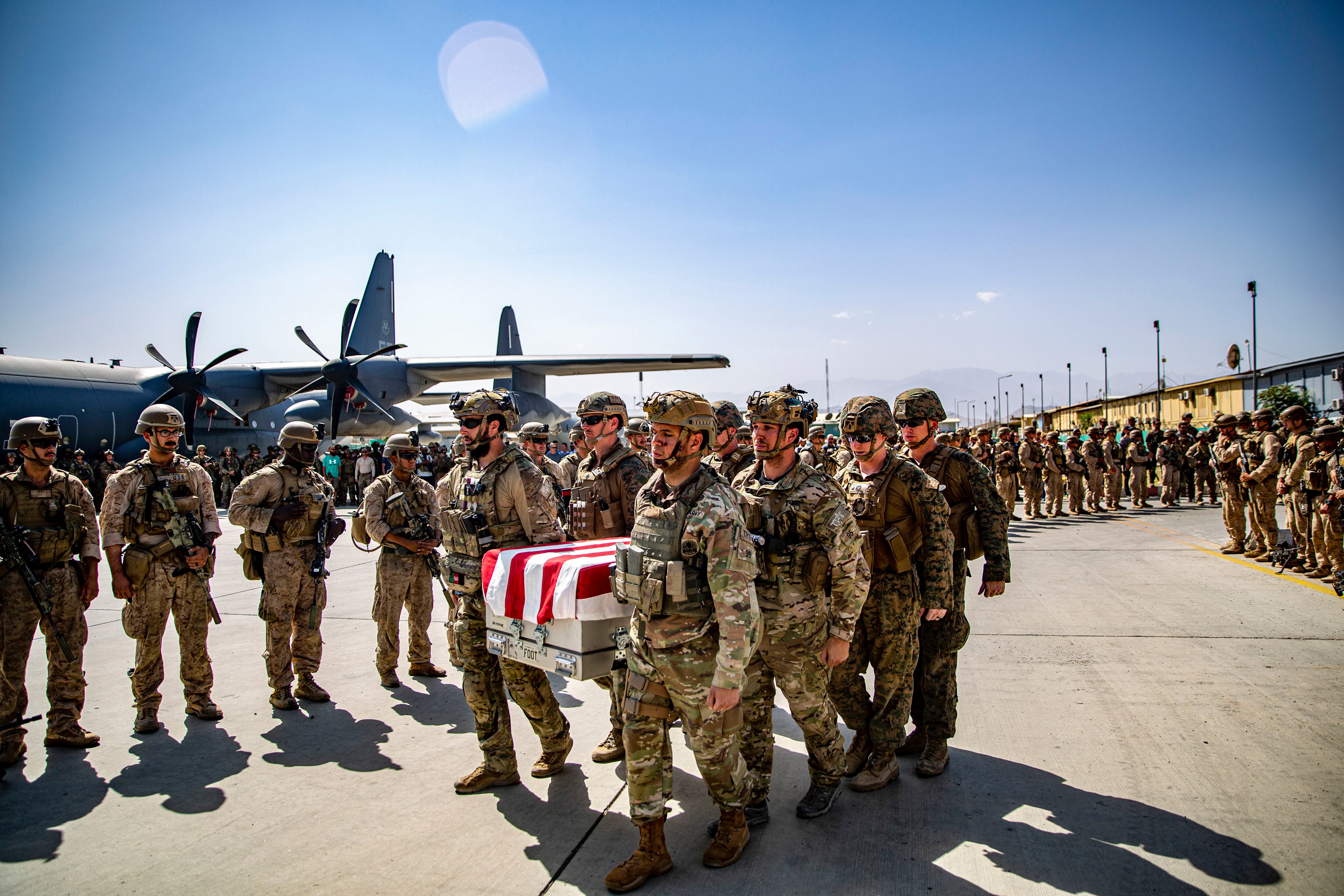I once observed retired Marine Maj. Gen. Lawrence Livingston say: “I will use every god d*#! round I have to save the life of one Marine.”
During 1990-1991, I served under Livingston, then a colonel, both before and during Operations Desert Shield and Desert Storm, when he commanded the 6th Marine Regiment. I loved Livingston. He was brutally honest, guided by integrity, tactically proficient and used every asset at his disposal to maximize the safety and success of his Marines.
He epitomized the opposite of what I call the Niger Syndrome — essentially, commanders ordering military forces to execute a mission, but failing to properly assess mission risk and therefore failing to allocate adequate risk mitigation measures. The underlying factor creating the Niger Syndrome is a failure by the commander to view and therefore care for the members of the unit as brothers, sisters, sons and daughters.
The Niger Syndrome was a fundamental cause for the deaths of four members of Army ODA 3212 and five Nigerien partner soldiers on Oct. 4, 2017, during an ambush near Tongo Tongo, Niger. My youngest son, Bryan, was one of the four.
In the years since, the lives of those who loved Bryan have settled into a rhythm in which, while grateful for the grace and goodness of God, we yet live with the ache of loss. Often, that ache is unnoticed, but every now and then that ache pushes through the scars, and we again feel that intense, indescribable grief.
For me, that grief broke through on Aug. 26, 2021, when the news broke that 13 U.S. service members were killed by a suicide bomber at Hamid Karzai Airport during the Afghanistan evacuation. I grieved for the 13 killed, for their families and for their brothers and sisters in arms.

In February 2022, the Pentagon concluded following an investigation into the attack on Hamid Karzai Airport’s Abbey Gate that, based on the tactical situation, the attack was “not preventable.”
After I heard this, I grew angry, because I realized that the Niger Syndrome had gone mainstream.
The tactical force conducting the evacuation had been assigned a mission in which the risk assessment was inadequate, and therefore the mission assigned to the unit had not been configured with the assets necessary to prevent lethal attacks. The world’s most powerful military failed to properly assess risk, and thus failed to plan and resource the mission to maximize both protection and success for the tactical force.
It had failed to “use every god d*#! round.” If there had been multiple attacks, suicide or otherwise, the casualties could very easily have been much higher.
I thought of Bagram Airbase, which had been closed earlier in the withdrawal from Afghanistan and from where proper stand-off was possible. I also thought of the U.S. service members who knew the security situation at Abbey Gate was untenable prior to the attack.
In Niger, the battalion commander overseeing ODA 3212 also did not “use every god d*#! Round” for the team. In Afghanistan, the higher commanders overseeing the evacuation failed the same test.
Beyond these two events, as I look at what is happening both administratively and operationally in our military today, it seems evident that leadership within and over our military has lost sight of what needs to be done to take care of service members.
As I look at the growing challenges facing our military posed by a resurgent Russia and aggressive China against the backdrop of current military leadership, I have little faith that these challenges will be successfully met.
What is needed today, right now, is a set of Lawrence Livingstons to take charge. I know they are out there, and I’ve been looking for them, but all I’ve been able to see so far is a proverbial theater filled with actors unable or unwilling to recite their lines, and singers unable to carry a tune.
The U.S. military emerged victorious and strong after World War II. However, by the time that the Korean War hit, civilian and military leadership had allowed that same military to become degraded, failing to maintain a prepared military commensurate with robust risk assessments. Consequently, U.S. forces initially committed to Korea were poorly trained and equipped, offered little resistance to the North Korean forces and suffered unnecessary casualties.
I hope and pray that history is not repeating itself.
Henry Black is a retired Marine Corps major. His son, Staff Sgt. Bryan Black, an Army Special Forces medic, was one of the four U.S. soldiers killed in Niger in October 2017. Black lives in Washington state with his wife, two daughters-in-law, one son and four grandchildren.
Editor’s note: This is an Op-Ed and as such, the opinions expressed are those of the author. If you would like to respond, or have an editorial of your own you would like to submit, please contact Military Times managing editor Howard Altman, haltman@militarytimes.com.




